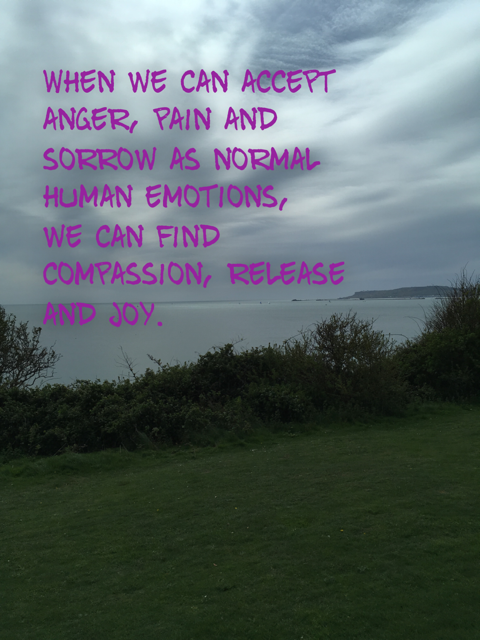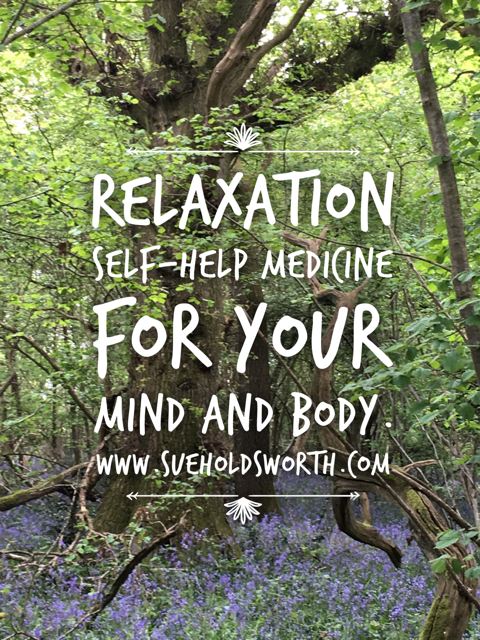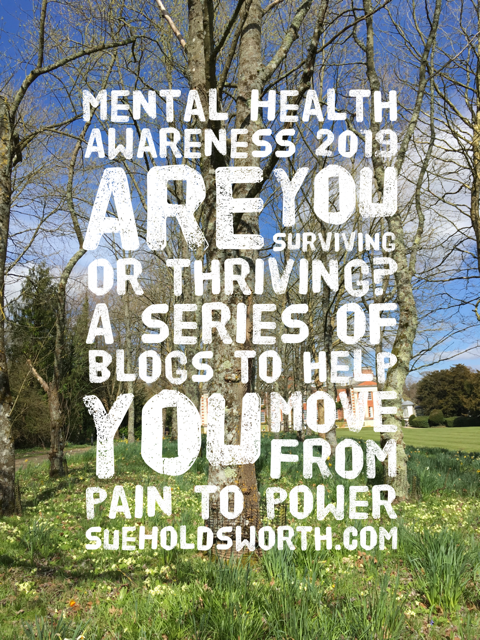I have read a lot of self-help books over my career and invariably the books talk about positive affirmations which can potentially help your life to work better. I always say to my clients that there is an extra step we need to do before we get to the positive bit. We have to honour the pain, the anger, the anxiety and the over whelm first. Just ‘being positive’ is like sticking a plaster over an oozing wound and hoping that this, in itself, will heal the wound. In truth we have to clean the wound out first and allow it time to heal. To be in a state of denial where we are saying ‘all is well’ when we are raging, feeling anxious and depressed, is not honouring the hurt and the pain.
It can feel really scary to contemplate working with our negative feelings about the situations that are in our lives. And yet as we start to uncover and make sense of the hurt and the pain, we bring new understanding to our situation. And no, things do not change overnight and we cannot wave a wand and make it all go away. And yet when we bring compassion and a loving sense of kindness to the hurt that we have endured, we can breathe new life into the possibility that things can get better. And as we are more patient with the hurt, we give ourselves time to heal and grow from the challenges that we face.
So, when we aren’t trying to get rid of the pain, what do we do? We welcome it in. We breathe with it and we say ‘okay, you’re here, and I am here. I am okay in this moment, in spite of this situation. I can learn from this situation and I can grow from it…. and what can I do right now for myself that will help me to feel better?’ And wait and see if an answer comes forth. Sometimes it can be quite surprising what we can do for ourselves to help our situation. Perhaps it is as simple as making ourselves a cup of tea, or going for a walk. Sometimes the smallest endeavours can bring us one step closer to a better feeling place, and it can be do-able in small baby step.



